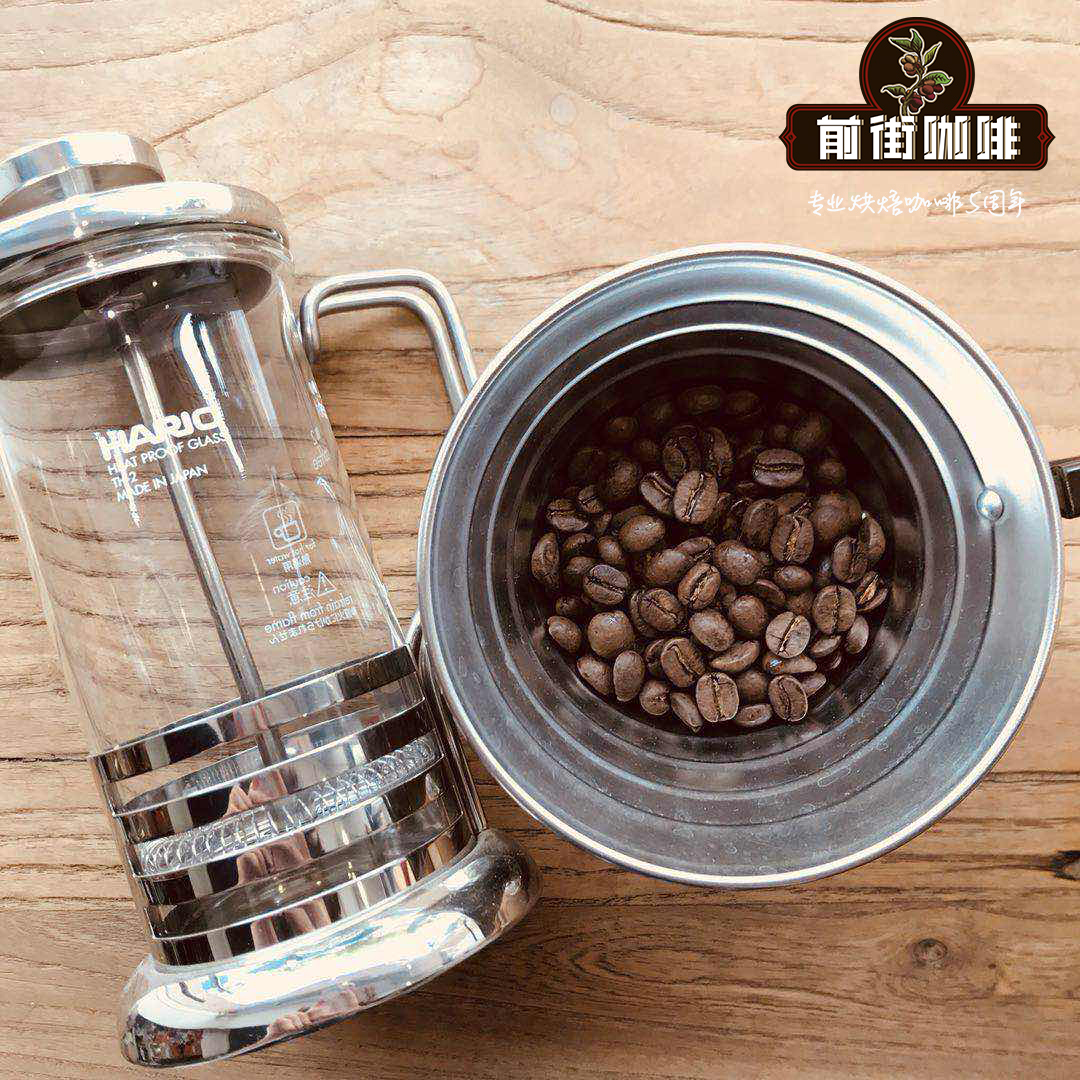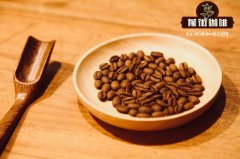Kenya AA Kenya's best coffee Kenyan coffee grades

Professional coffee knowledge exchange more coffee bean information please follow the coffee workshop (Wechat official account cafe_style)
Kenya has always had a reputation for excellence in quality when it comes to coffee production. This may have something to do with its geographical location, after all, close to the birthplace of coffee beans. Kenya has been one of the leaders of the coffee industry since coffee beans traveled through the mountains from Ethiopia to Kenya. In the mountains of Gaoyuan? The coffee beans produced under the terrain are generally mellow in consistency, excellent in taste and pleasant in acidity. The person with the fragrance will also exude the delicate fragrance of flowers, and the aftertaste is not only lemon berry but also wine.
Kenyan coffee grade
Kenyan coffee has a unique domestic rating system to measure the size, weight and shape of beans, generally divided into AA,AB,PB,C,E,TT and T. Bean size is an important criterion for scoring because soybeans show more aroma and stronger taste, both of which will be valued by coffee fans. If all the conditions of the two beans are the same, only the difference in size, the quality of soybeans will always be higher.
If readers are looking for a full-bodied cup of African coffee, I'm sure Kenya will surprise you.
Kenyan coffee quality
Arabica in Kenya grows in volcanic soil between 1400 and 2000 meters above sea level. This high altitude produces coffee with outstanding taste and high acidity. The palate is rich in flavors, with a wine finish and citrus and berry overtones.
On the other hand, fierce competition among farmers is also one of the factors of high quality. In Nairobi, the capital of Kenya, a public auction of coffee is held every week. Apart from the lively scene, farmers with high-quality coffee beans can also make huge profits, repeatedly promoting the progress of the coffee industry. Even international coffee buyers come to Nairobi to buy coffee and then distribute it to coffee outlets around the world.
Production
Since the introduction of coffee beans in 1893, coffee has been produced in Kenya for more than a century. The area of coffee production occupies a full 160000 hectares, which is one-third of the total planting area.
At present, coffee production in the mainland fluctuates mainly due to climatic and socio-economic factors. At present, about 1 million bags are produced each year, and there are two harvesting times, namely, March, April, the beginning of the rainy season and October.
Kenya AA
The growing environment of Kenya's AA is 6600 square feet, making it one of the best quality coffee in the world. Growing on high sources means slower growth, in which case coffee beans absorb more nutrients, allowing the taste to take longer to brew, thus becoming richer. As the finest coffee beans in Kenya, all AA coffee is made from the most impeccable Arabica beans. Treated by washing and refining, the peeling of the coffee fruit is backward, and the farmers will soak the beans in the water tank. In the process, the enzyme of the coffee bean itself will naturally break down the residue on the bean. When it is dried in the sun, the farmer can remove the skin without any effort. After grinding, the size of the beans is measured and graded.
There are good beans and good baking to match. To bring out the characteristics of Kenyan AA beans is to bring out its strong citrus and berry flavors. The reason for drinking Kenyan AA beans is nothing more than being attracted by its flavor, almost without a little bitterness. The best AA beans are often roasted moderately, but too high will make them lose their unique characteristics. Kenya AA beans are the largest beans produced in China, and the brewed coffee is always mixed with fruit and flowers. Finally, like ordinary individual coffee, coffee beans always need to be freshly processed no matter how roasted they are, and goods that have been kept in the distribution warehouse for several months need to be avoided when making a profit.
Important Notice :
前街咖啡 FrontStreet Coffee has moved to new addredd:
FrontStreet Coffee Address: 315,Donghua East Road,GuangZhou
Tel:020 38364473
- Prev

What brand of coffee powder tastes good? is it expensive and refreshing? How long is the shelf life of coffee powder?
Professional coffee knowledge exchange more information about coffee beans Please follow the coffee workshop (Wechat official account cafe_style) how long can coffee beans or coffee powder be kept? Shelf life and freshness are two different things. Freshly roasted coffee beans begin to exhaust (mainly carbon dioxide), with the largest amount in the first two or three days, lasting for about a week. When the gas is complete
- Next

Can I eat coffee powder without cooking it? What kind of experience is it to eat coffee powder dry?
Professional coffee knowledge exchange more information about coffee beans please follow the coffee workshop (Wechat official account cafe_style) first of all, we talk about what we are talking about when making coffee. When making coffee without a coffee machine, it is recommended that the water temperature be about 90 degrees. It is generally a simple process for water to filter the coffee powder to get the coffee liquid. It has nothing to do with cooking the word. If it comes to cooking, rainbow
Related
- Beginners will see the "Coffee pull flower" guide!
- What is the difference between ice blog purified milk and ordinary milk coffee?
- Why is the Philippines the largest producer of crops in Liberia?
- For coffee extraction, should the fine powder be retained?
- How does extracted espresso fill pressed powder? How much strength does it take to press the powder?
- How to make jasmine cold extract coffee? Is the jasmine + latte good?
- Will this little toy really make the coffee taste better? How does Lily Drip affect coffee extraction?
- Will the action of slapping the filter cup also affect coffee extraction?
- What's the difference between powder-to-water ratio and powder-to-liquid ratio?
- What is the Ethiopian local species? What does it have to do with Heirloom native species?

